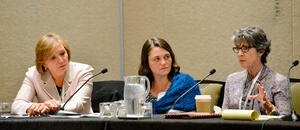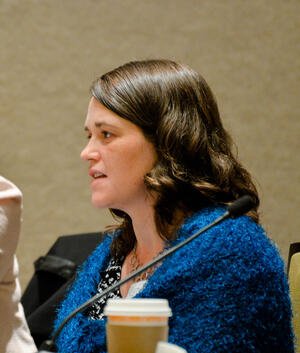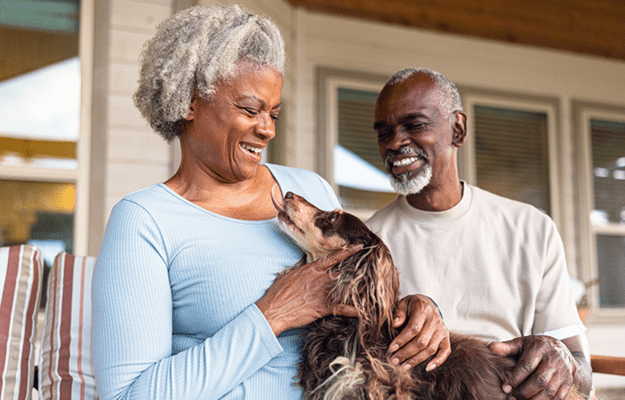Service-Enriched Housing Improves Residents’ Health and Well-Being
While affordable housing alone can help residents succeed, service-enriched housing offers more deliberate supports. Interest in pairing housing with services is strong, as evidenced by the large and attentive audience for a session exploring the topic at the Terwilliger Center for Housing’s 2014 Housing Opportunity conference.
“We believe that services provide a platform for success for our residents,” said Carol Breslau of Mercy Housing. Services at Mercy include children’s after school programs, which help kids succeed at school while also keeping them safe and occupied until parents get home from work.
Robyn Stone of LeadingAge Center for Applied Research said that the organization began its work in service-enriched housing when asked by a health provider about help for seniors who want to age independently in their own homes. In 2012, LeadingAge launched its Center for Housing Plus Services, aimed at building the evidence base and ideas for keeping older people in their communities. The Center has received funding from the U.S. Department of Health and Human Services for a demonstration project of what it calls SASH—Supports and Services at Home.
“The notion is that you are managing population health,” Stone said. “We’d like to be able to have this as a permanent model.”
Virginia Commonwealth University has a collaborative program of nurse practitioner and pharmacy students who visit older residents at a housing development. Students see patients at both the on-site clinic and in their apartments, receiving hands-on training while residents get needed care, according to Stone. Additional funding for more demonstration sites is forthcoming from HHS’ Health Resource Services Administration.
According to Maya Brennan, who researched veterans' housing issues at the National Housing Conference, “There are intense service and housing needs for veterans.”
Unemployment is an especially significant issue for veterans, who can face obstacles specific to their military experiences when it comes to getting and holding a job. Many of the men have the added problem of traumatic brain injuries sustained while serving, and approximately one in five women veterans are also dealing with the aftermath of sexual harassment or assault. However, one up-side for returning veterans is the fact that they developed skills while in the military which could serve as a springboard for employment or additional training.
“They need deep, robust, guaranteed services,” said Brennan, who cited a strong example of service-supported housing for veterans, the Maryland Center for Veterans Education and Training. Services range from a day drop-in center to a 13-week Emergency Program to a long-term Transitional Housing Program.
“Everything is at the same site, and you don’t lose support as your needs become less and less,” Brennan said.
The presenters also spoke about the challenge of getting residents to follow through, even when services are provided. Breslau noted that while they have Federally Qualified Health Centers at some housing sites, residents don’t always use them.
“Getting people to access services when they are not mandatory takes a lot of patience,” added Brennan, who noted the importance of peer support, availability and accessibility.
Breslau noted that one way that Mercy has been able to promote services for adults is by having a program such as a breakfast for kids, who then bring their parents along.
All presenters agreed that demonstrating value is critical. In May, Mercy released a survey of residents on the impact of services on health outcomes. It included more than 1,000 residents who moved into Mercy service-enriched housing in 2012. Among the findings were that more residents had health insurance, more residents saw improvements in their access to health care and more residents were frequently eating healthy foods.




